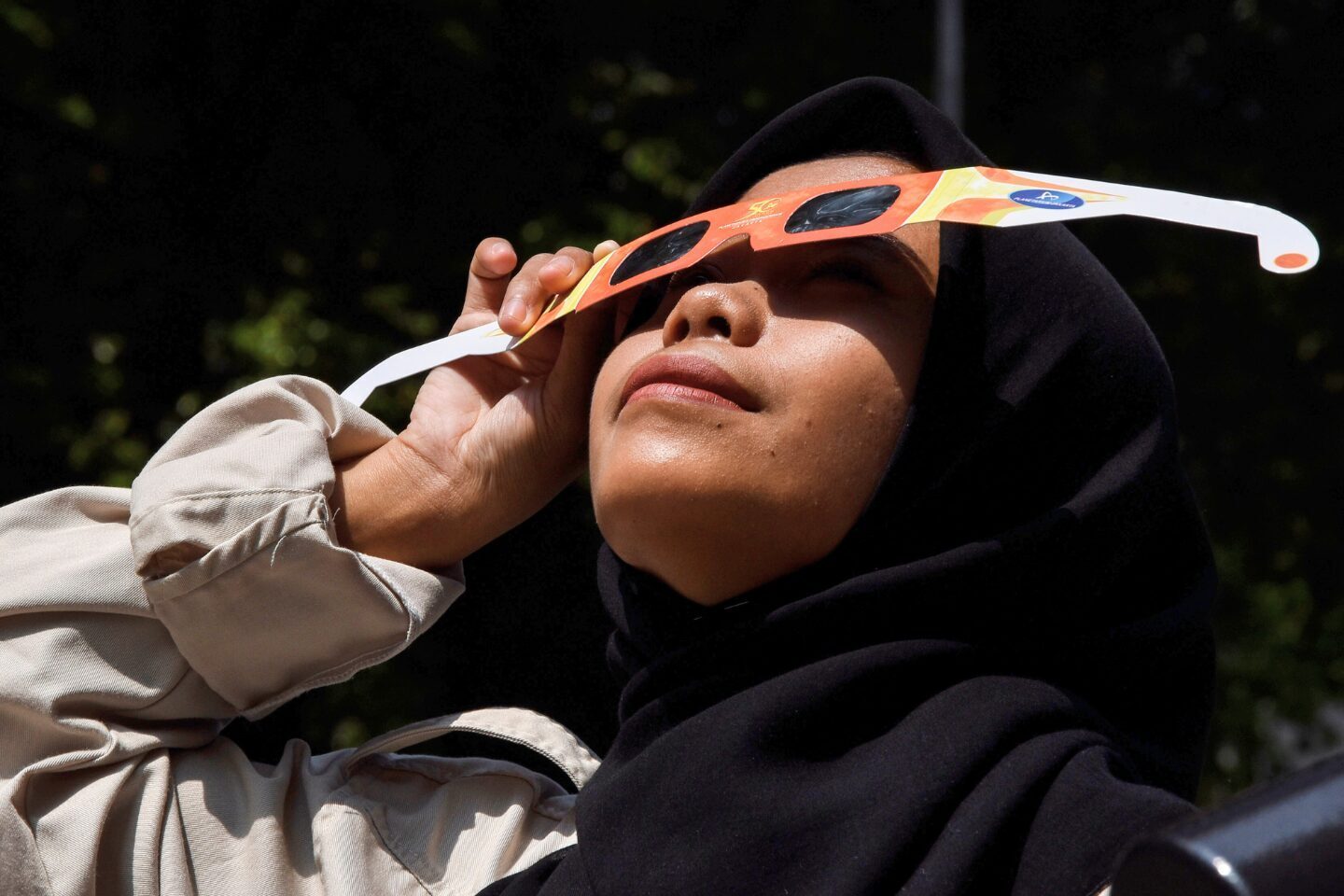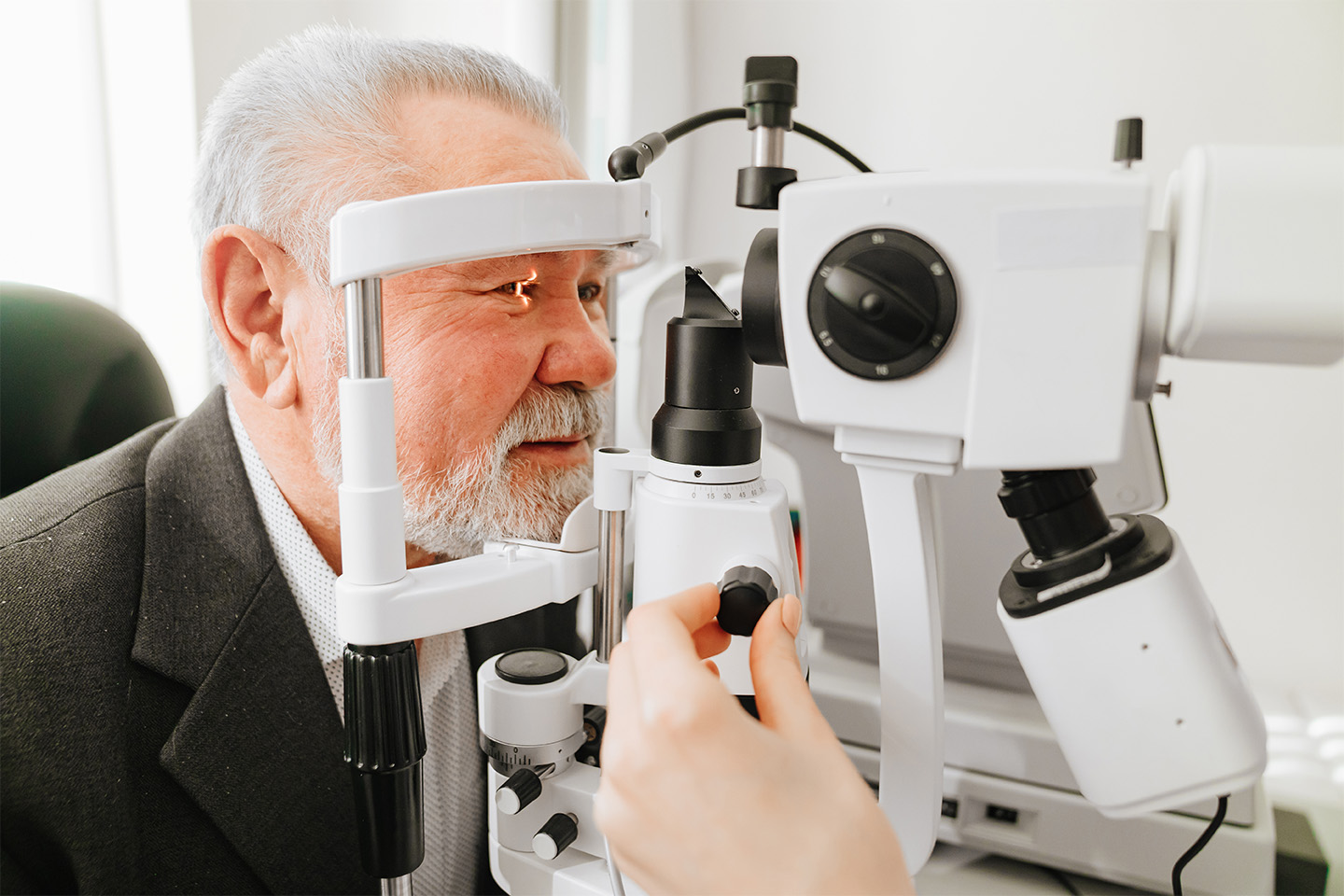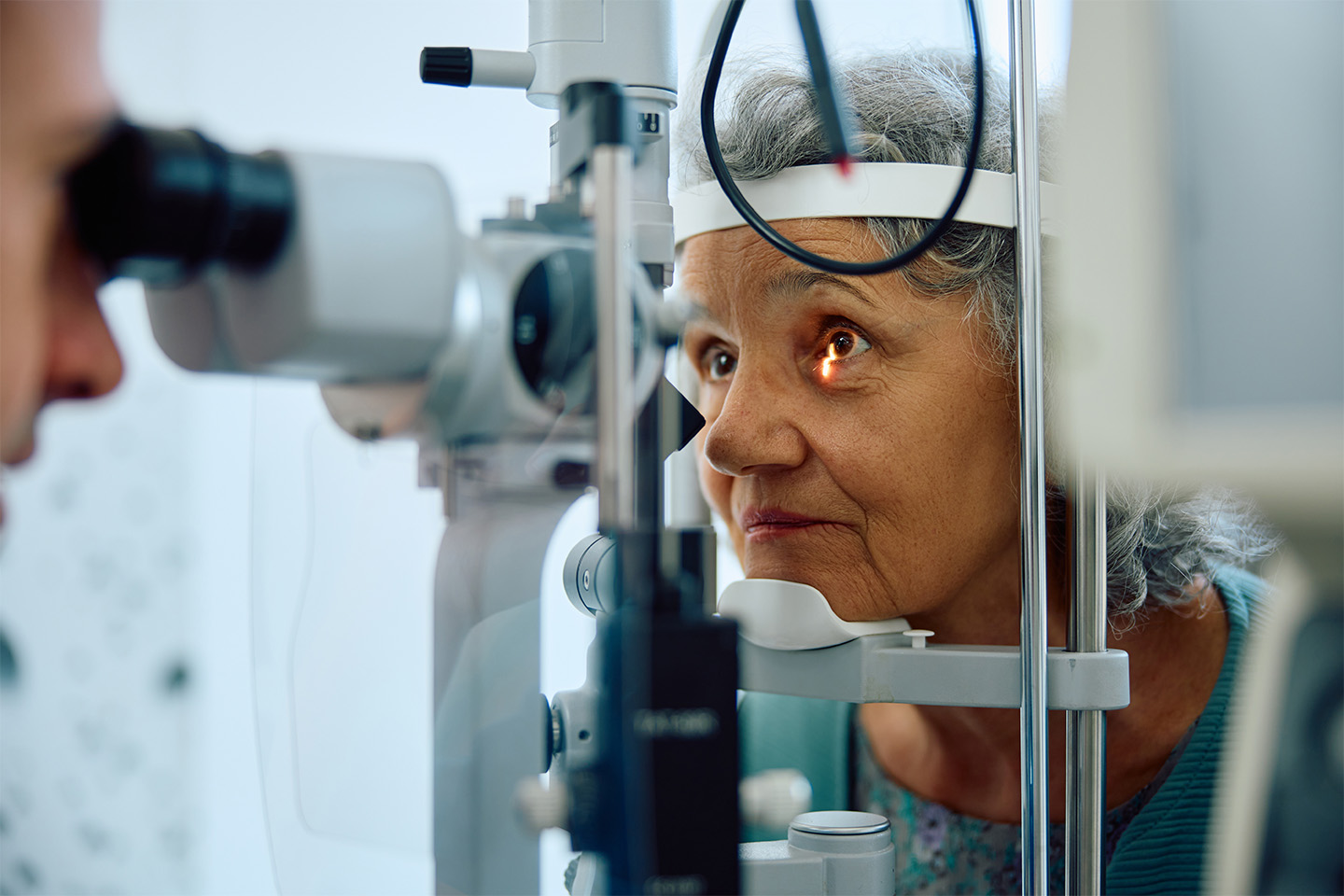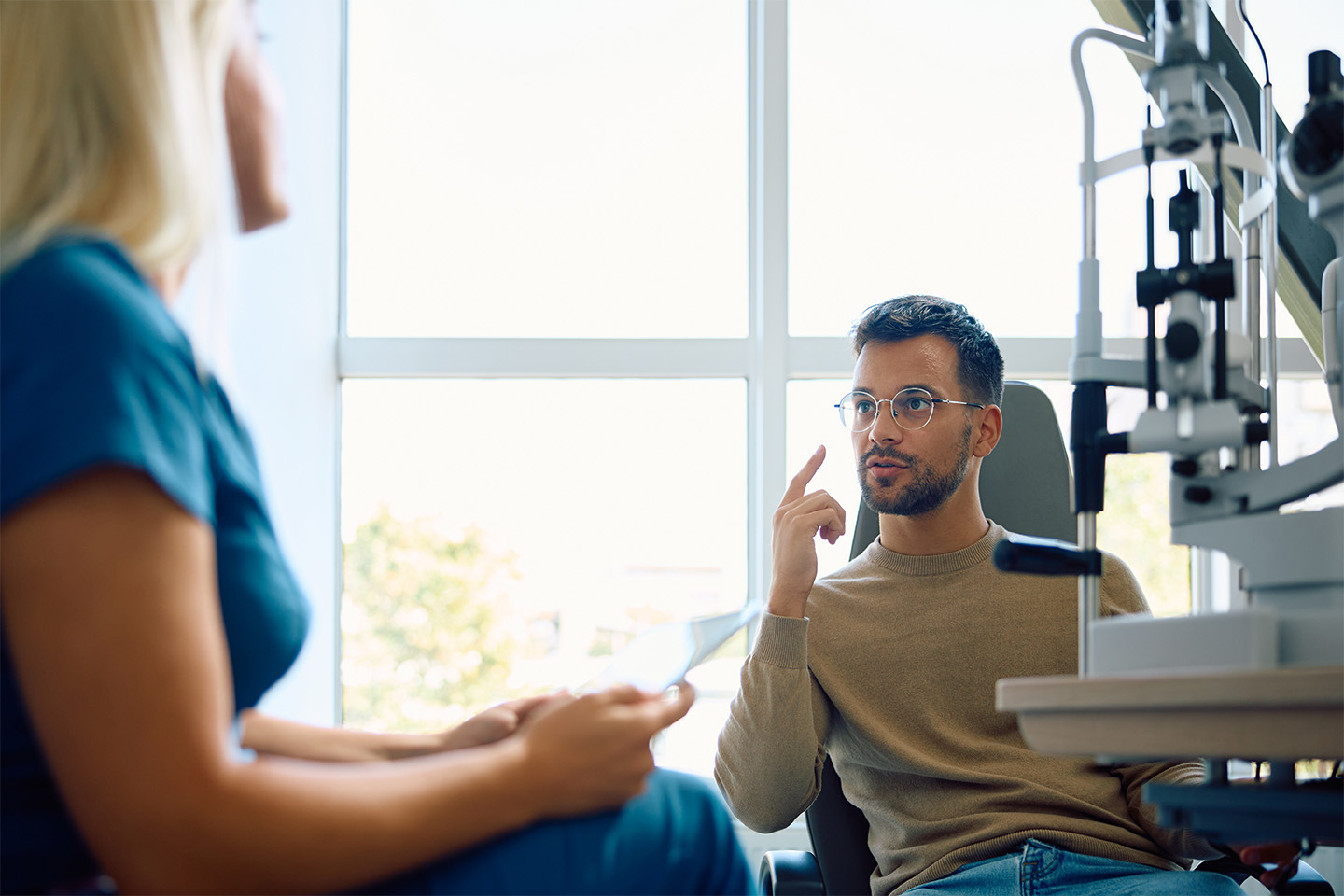5 Facts About How Diabetes Affects Your Eyes
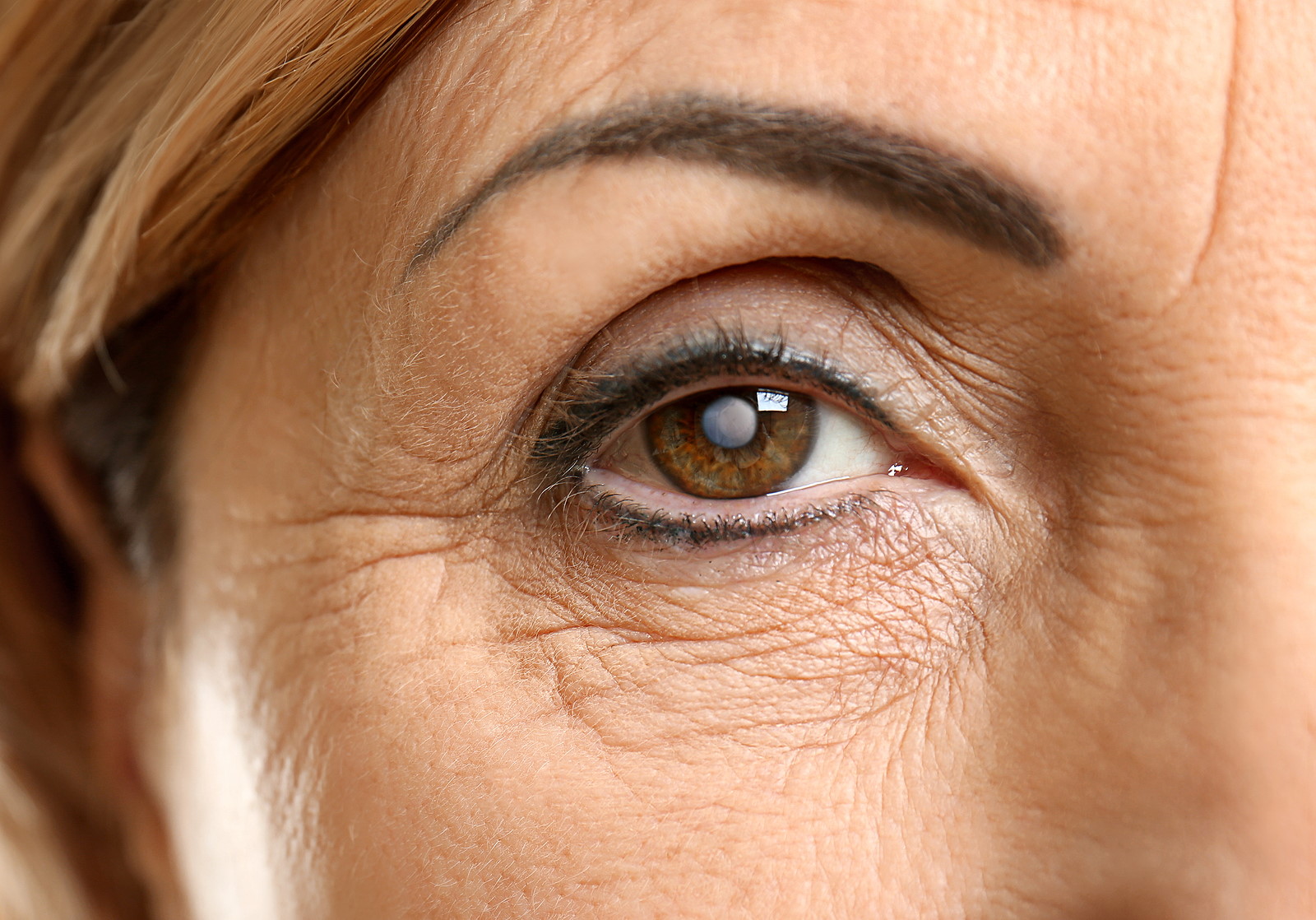
November is American Diabetes Month, and the eye doctors at Kleiman Evangelista Eye Centers are encouraging individuals with diabetes to maintain the health of their eyes. It’s no secret that diabetes can impact all aspects of your health, putting you at risk for heart disease, stroke, and even certain eye conditions, but having information and properly caring for your body can lower this risk.
Here are five facts about diabetes and the eyes to share with your friends and family this month.
1. Diabetes is a leading cause of blindness and vision loss in American adults.
Diabetes-related eye diseases, namely diabetic retinopathy, are the leading cause of new cases of blindness and vision loss in American adults between the ages of 20 and 74.
Uncontrolled high blood sugar impacts the small blood vessels supplying the retinas, causing swelling and leakage in the back of the eye — and even this level of damage can distort vision. As this disease advances, the retina may detach, and some vision loss or even blindness can occur.
2. Diabetes can double the risk of common eye diseases.
Diabetes has been linked to an increased risk of diabetic retinopathy, cataracts, and glaucoma. For example, high blood sugar can cause a build-up of cells and proteins, resulting in the clouding and darkening of the natural lens, known as cataracts. In fact, people with diabetes have double the risk of developing this condition younger and faster than healthy patients.
Additionally, those with diabetes are 40% more likely to develop glaucoma, and the longer you have diabetes, the greater this risk becomes.
3. All forms of diabetes can impact vision.
While many people associate adverse health conditions with type 2 diabetes, those with type 1 and even gestational (present during pregnancy) varieties are more susceptible to visual changes.
Typically, individuals with type 1 diabetes will not develop these conditions until after puberty, and complications in adults generally do not form until at least 5 years of having it. While severe and permanent vision changes are rare for moms-to-be, symptoms can present as bouts of blurred vision. Not to mention, women who develop gestational diabetes are more likely to develop type 2 later in life.
4. You may not experience sudden (or any) symptoms or vision change.
In many cases, symptoms may not be present or noticeable in the early stages of diabetic eye diseases. However, when the signs do begin, it may be too late for preventative care. Early warning signs that diabetes is impacting your vision include:
- Blurred vision
- Double vision
- Blank spots
- Floaters
- Pain or pressure in the eye
5. Having diabetes doesn’t guarantee you’ll get an eye disease.
Diabetes is not an automatic sentence for an eye disease or vision loss. In fact, you can prevent or slow the progression of certain conditions in a few ways.
Preventing Diabetic Eye Diseases
- Controlling Blood Glucose – Maintaining a healthy blood glucose level is essential for preventing diabetic eye diseases, as uncontrolled blood sugar damages and blocks the blood vessels in the back of the retinas. Check your blood sugar regularly and keep your levels stable.
- Live a Healthy Lifestyle – Proper diet and exercise can help you stay healthy and lower your risk for severe eye symptoms. Certain foods can strengthen your eyes against drastic vision changes. Likewise, a greater focus on health can potentially reverse prediabetes in many individuals.
- Early detection & treatment – Scheduling regular eye exams allows your eye doctor to catch any developments early and provide swift treatment that can lower the impact of certain diabetic eye conditions.
Maintain healthy vision with help from the best eye doctors in the greater Dallas area. Although it can seem intimidating to get your eyes checked, it is an important and necessary step in getting appropriate treatment. At Kleiman Evangelista Eye Centers, we specialize in solutions that deliver your clearest vision regardless of your diagnosis, so schedule your annual exam to keep an eye on your eyes.
Turn To The Top Eye Doctors In Texas
Check out one of our locations below for the best eye care near you:




